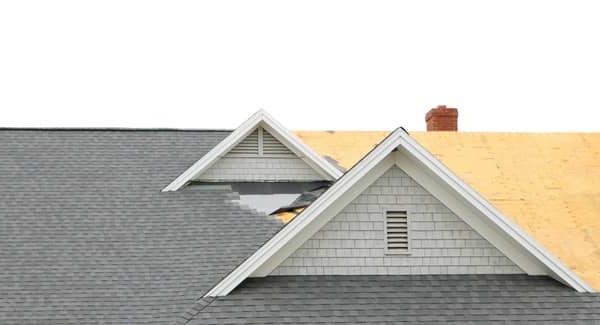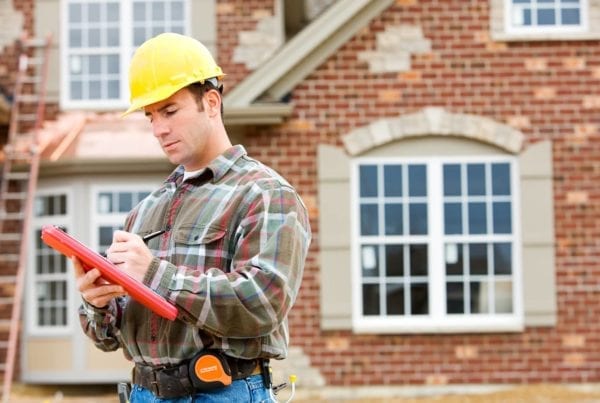
Since the COVID-19 pandemic, real estate has been on a roller coaster. In March of 2020, it seemed that real estate was going to be at a stand-still. However, that did not last long as mortgage rates dropped to near 0%.
Presently, real estate is still flying off the shelves even though some areas have simmered down some. However, that begs the question, what’s next for real estate? What’s next for the home inspection industry?
What’s Next For Real Estate?
RedFin recently reported on their predictions for how real estate will change after the pandemic, and we could not agree more.
In essence, they suspect home values will continue to increase, but at a slightly lower rate as mortgage rates increase from a recovering economy. In addition, they predict more listings will come onto the market as more people consider selling.
Moreover, they suggest the condo market will heat up since all the focus was previously on single-family homes. Lastly, suburb traffic will increase as people move away from larger cities, and rents will continue to increase as work-from-homers become mobile.
While these predictions shed some light on the real estate sales, we wanted to make our own predictions for the home inspection industry.
Our Predictions For Home Inspections
High Emotions
Since the pandemic, it has been hard to get into a home as a first-time homebuyer and we do not think that will change in the short term. As it remains difficult for first-time homebuyers to get into a home, we suspect their emotions to be higher than usual.
This can lead to emotion-driven decisions. As real estate agents and home inspectors, we should be more mindful of this moving forward to better protect our clients.
Increased Listings = Opportunity For Pre-Listing Inspections
As RedFin suggested, more people will begin selling their homes. This creates the opportunity for pre-listing inspections to grow.
Sellers and listing agents might opt-in to pre-listing inspections to help their homes stand out more in the crowd of buyers. The other benefit is sellers knowing where they should invest money in their homes before they list.
In Florida, if the home is over thirty years old, most insurance companies will require clean four-point reports before providing homeowners insurance. Let’s say, for example, the home has polybutylene plumbing and the insurance company asked for the four-point report. Most (if not all) insurance companies will require polybutylene plumbing to be replaced. Let’s say the buyer tells the seller that the plumbing needs to be replaced, but the seller already spent their extra cash on new floors. There’s now a potential problem with this deal moving forward.
If the seller had known ahead of time that the home had polybutylene plumbing that needed to be replaced, they could have made the decision to spend their money here in order to avoid issues with the buyer’s getting insurance.
Increased Inspections On Condos
As the condo market heats up from less competitive pricing, inspections on condos should rise.

Increased New Construction Inspections
Due to supplier bottlenecks, the pricing of wood and other building materials was heavily increased. Because of this, many homebuilders just stopped building unless a buyer was willing to pay the higher fees.
However, over the next few years, supplier bottlenecks should subside. Moreover, a huge housing shortage should increase builder demand for new homes.
As home inspectors, we could see a significant increase in new construction inspections and phased inspections.
Migration
Due to the pandemic, many people shifted away from areas such as California and New York. This led to home purchases in Florida, Arizona, Nevada, and Texas.
We suspect this migration pattern to continue which could lead to higher/lower home inspections depending on the area.
Declining Commercial Inspections
Lastly, with many people now working from home, commercial inspections on office space may slow down for the foreseeable future. Inspections on warehouse space may increase as demand for online shopping continues to increase.
Final Thoughts
While the pandemic brought in a huge wave of homebuyers, the next few years will be different.
For the home inspection industry, we suspect increases in home inspections overall. However, commercial inspections on office space may be on the decline (if it has not happened already).
What are your thoughts on real estate and home inspections after the pandemic? Comment below.



